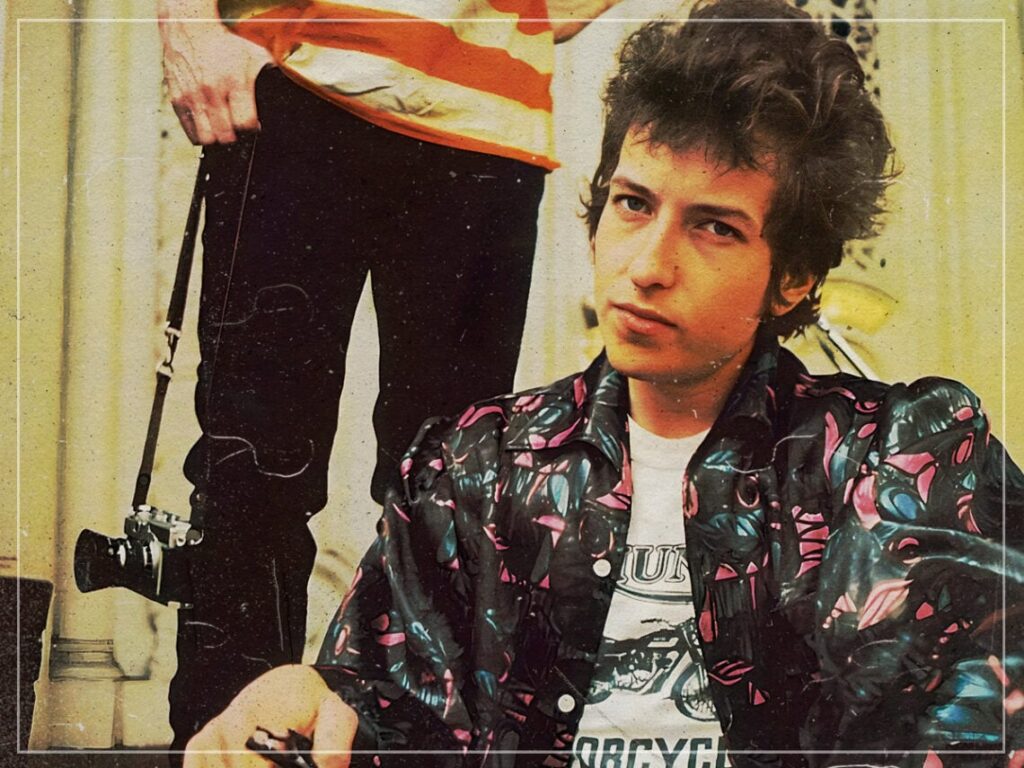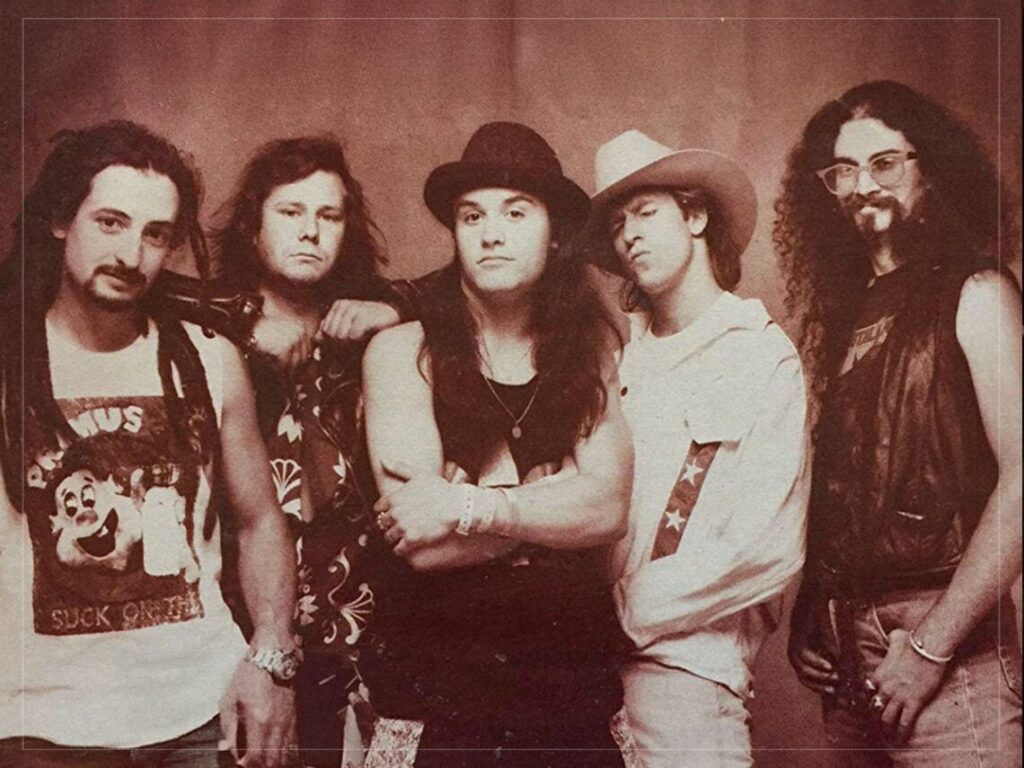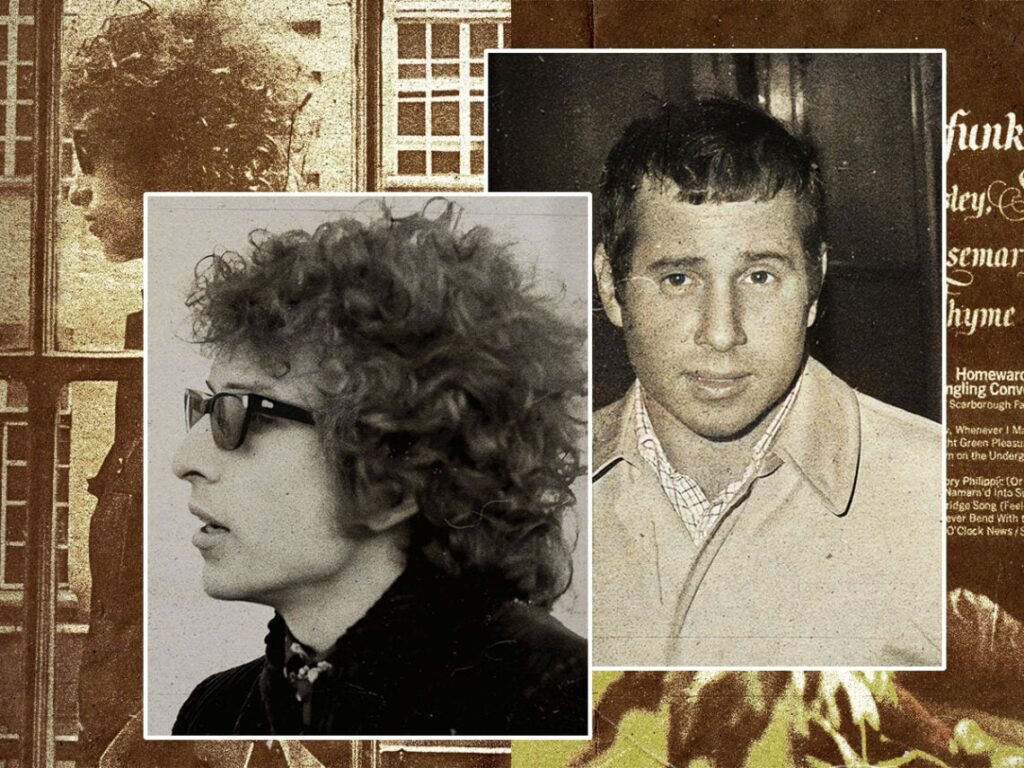Daniel Lanois discusses how he helped Bob Dylan win a Grammy: “I was very proud of that”
 Posted On
Posted On
(Credits: Far Out / Sony Music Entertainment)
There is little dispute around Bob Dylan’s status as one of the best songwriters in the history of music. It’s a fact that’s been reiterated time and time again throughout his 60-year career, upheld by everyone from critics to fellow songwriting giants The Beatles. Dylan’s lyrics and their accompanying instrumentation have won him unparalleled acclaim, further emphasised by his award-season success.
While most musicians spend their entire careers pining over Grammy Awards, the most well-known accolade within their industry, Dylan’s wins are in the double digits. The folk legend was first nominated for an award when the ceremony was in its infancy. At the fifth edition of the Grammys, he was nominated for ‘Best Folk Recording’, and since then, he has amassed a mammoth 38 nominations.
Even more impressively, he’s taken home over a quarter of those titles. Throughout the years, he’s taken home wins for performances, songs, and even a lifetime achievement award. He’s also managed to bag the coveted ‘Album of the Year’ award, taking it home for his 1998 record, Time Out of Mind.
The record was produced by Daniel Lanois, who once reflected on the Grammy win and how much it meant to him. During a conversation with Nuvo Magazine, he shared, “That award is impossible to get. I was very proud of that. I felt like that record really had a powerful identity.”
“Bob knew what he wanted to say and I knew what records he loved,” he explained, “And I referenced those records, mostly old blues and rock ‘n’ roll records. I understood what he loved about them – they had a sense of discovery and urgency. I like the sound of the limited technology of the thirties, forties and fifties, and I made sure Bob got that sound.”
Lanois also explained the process he used to produce the album, which involved limiting the number of microphones in use. This, he found, gave the record an “automatic depth of feel – something about the natural geographical space between the players. So we approached it that way and got great natural depth of feel, and a sense of urgency.”
It’s an effect you can hear from the opening moments of the album, in which Dylan’s voice feels far away from the instruments around it. It’s easy to imagine how the song might have been recorded, with little external action to interrupt that depth.
Listen to Time Out of Mind below.


